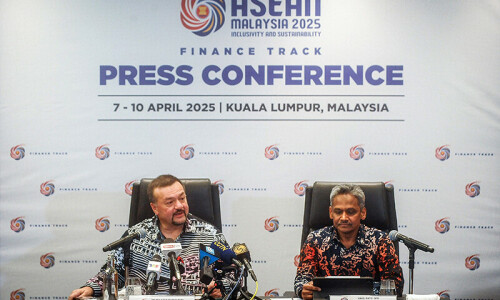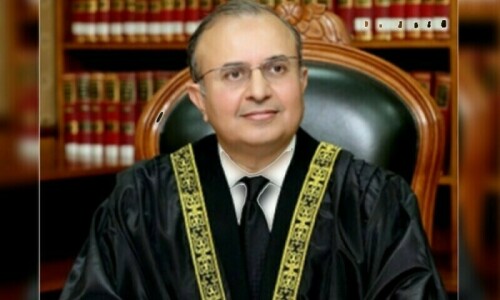AS Pakistan confronts a disturbing rise in environmental samples of poliovirus, the situation demands an immediate and focused response, transcending political and administrative distractions. The recent discovery of nine more positive samples from six districts signals a resurgence of polio. Notably, these strains belong to the YB3A poliovirus cluster circulating in Afghanistan, suggesting cross-border transmission. Amid such a health emergency, the government’s preoccupation with political manoeuvring is troubling. The focus seems diverted from urgent public health concerns to short-term political gains. As the country edges closer to elections in February, there’s a fear that vital issues like polio eradication will be overshadowed by political agendas. Moreover, the role of the security forces, currently engaged in crackdowns against Afghans, merits reconsideration. Their services must be redirected towards polio eradication before they are inevitably assigned poll-related duties. Accompanying polio workers, who often face suspicion and hostility, would significantly enhance the safety and efficacy of vaccination campaigns.
Polio, with no cure and potentially devastating effects, can only be combated through persistent vaccination efforts. However, these efforts need a committed government and supportive security apparatus. The polio programme’s effective surveillance and prompt virus detections are commendable. Still, with this year’s count of children affected at four and environmental samples totalling 64, the battle is far from over. With 90pc of cases linked to Afghanistan, it is clear that cross-border cooperation and rigorous health strategies are urgently needed. As we approach election time, it is imperative that the fight against polio is not forgotten. This includes reinforcing vaccination drives in high-risk areas, especially those with limited access to healthcare. Community engagement and education are pivotal in overcoming vaccine hesitancy, a significant barrier. Influencers should be involved in spreading awareness about the importance of vaccination. Improving sanitation, access to clean water, and overall healthcare will not only aid in polio eradication but also enhance public health. Lastly, consistent funding and resource allocation for polio campaigns are essential. This includes ensuring adequate supplies of vaccines and supporting the workforce involved in these initiatives. The government must see that these efforts are sustained and not disrupted by political or economic challenges. The window for decisive action is narrowing. Pakistan’s commitment to this cause will be crucial in securing a healthy, polio-free future for its children.
Published in Dawn, November 11th, 2023












































